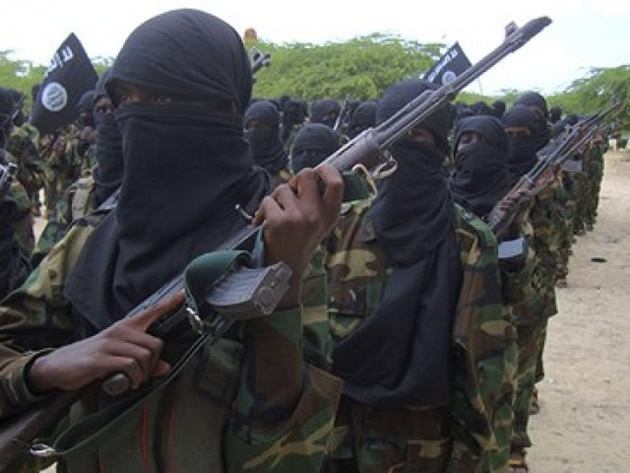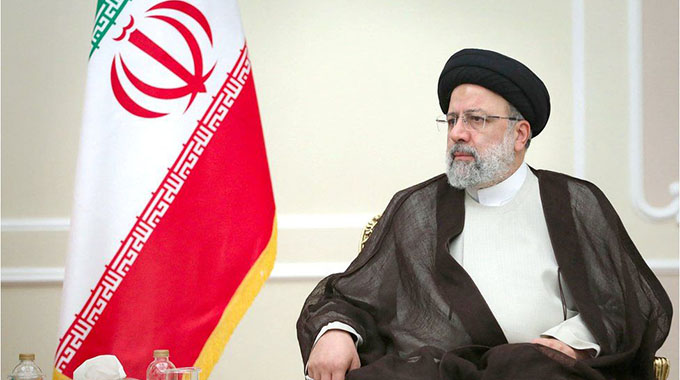French billionaire faces charges in graft probe

PARIS – The French Senate on Wednesday lifted Serge Dassault’s immunity from prosecution in a move that clears the way for the billionaire industrialist and senator to face corruption charges. The decision by a Senate committee means Dassault, 88, can immediately be taken into custody for interrogation by judges investigating alleged vote-buying dating from his time as mayor of Corbeil-Essonnes, a Paris suburb he has been accused of running like a mafia Godfather.
Dassault is ranked by Forbes magazine as France’s 4th-richest man and the 69th-richest in the world with an estimated fortune of 13 billion euros ($18 billion).
He admits using his vast personal wealth to help residents of Corbeil, where he was mayor from 1995-2009, but denies any payouts were made in exchange for electoral support.
Serge Dassault heads the Dassault Group, which notably owns French daily Le Figaro and a majority stake in Dassault Aviation, which makes business and military aircraft — including the Rafale fighter jet.
He announced earlier this week that he had requested the lifting of his own immunity. Critics said he had only done so once the move was inevitable and welcomed Wednesday’s decision.
“Serge Dassault will now have to account for having interfered with democracy’s most precious principle,” said Bruno Piriou, a left winger and one of several local politicians who believe they lost bought elections.
The judges suspect Dassault of operating an extensive system of vote-buying which influenced the outcome of three mayoral elections in Corbeil in 2008, 2009 and 2010, which were won either by Dassault, or by his successor and close associate Jean-Pierre Bechter.
The result of the 2008 vote, won by Dassault, was invalidated by the Council of State after the body which oversees public administration discovered a series of payments which could have influenced the outcome of the election.
That ruling did not require the same burden of proof as a criminal prosecution for vote-buying would, but formal charges against Dassault now look inevitable.
Bechter has already been charged, as has Cristela de Oliveira, a former official in the mayor’s office who is suspected of allocating council flats to families in return for backing Dassault or Bechter.
Vote-buying ‘paid better’
The vote-buying investigation has been linked — by the media but not publicly by the judges — to two shootings which took place in Corbeil last year and are considered by police to have been attempted murders.
The case has also triggered allegations of attempted extortion and intimidation, both by and against Dassault and his immediate family.
At least two men who claim to have been paid handsomely by the veteran industrialist to help organise the alleged vote-buying have described a well-oiled electoral machine which targeted poorer families from immigrant backgrounds.
In return for casting their ballots the right way, residents could expect help with financing driving lessons — a key to coveted municipal jobs — or with finding accommodation subsidised by the local council.
One of the alleged fixers, Mamadou Kebe, told Thursday’s Le Monde that it was well-known on Corbeil’s housing estates that working for Dassault paid better than drug dealing or car theft.
Kebe claims to have been paid 1.2 million euros by Dassault with the money, allegedly at the suggestion of the industrialist, delivered to him via an intermediary in Lebanon.
Kebe has been charged with making threatening phone calls to Dassault’s adult children.
The two men who were shot in Corbeil last year, Rachid Toumi and Fatah Hou, have both claimed they were targeted for assassination because they had broken the “Omerta”, or law of silence, surrounding the system.
Younes Bounouara, who was reportedly employed by Dassault, has been in prison since November on suspicion of shooting Hou. Dassault was questioned as a witness in that investigation and has filed a legal complaint accusing Hou and an accomplice of trying to extort money from him.
Hou, a former boxer, has counter-claimed that Dassault conspired to have him arrested in Morocco to keep him away from Corbeil.
As well as the alleged vote-buying, Dassault could be charged with money-laundering and misuse of public assets — sufficiently serious crimes to raise the possibility of a prison term.
In 1998, Dassault received a two-year suspended prison sentence in Belgium for bribing members of the country’s Socialist Party to win an army helicopter contract in what became known as the Agusta scandal.










Comments